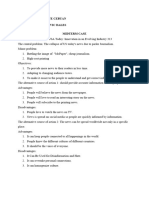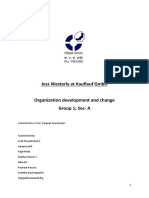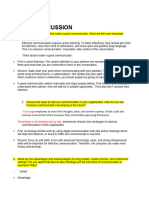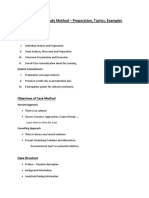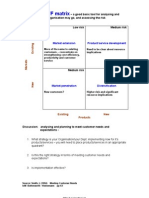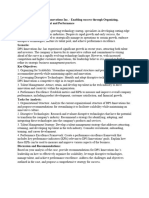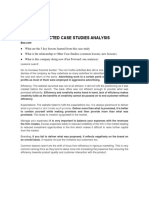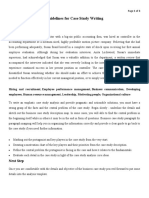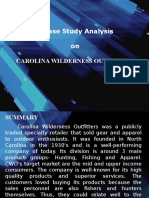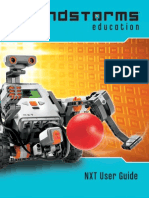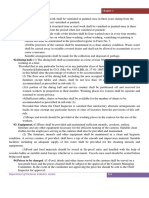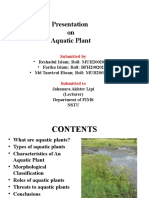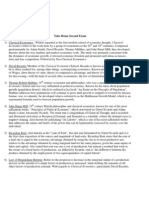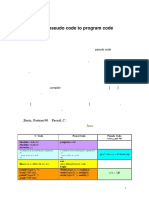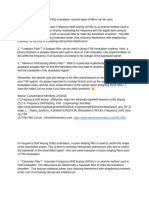0% found this document useful (0 votes)
61 views8 pagesCase Study
The document presents multiple case studies covering various scenarios, including a holiday disaster faced by travelers Lisa and Mark, the merger of TechNova and SoftSys, the organizational structure of GreenTech Solutions, marketing challenges of SunnySip juice, and Anna's dilemma between saving and spending a bonus. Each case highlights specific problems, discussions, and proposed solutions related to customer service, corporate culture, advertising strategies, and financial decision-making. The document serves as a resource for analyzing real-world business situations and encourages critical thinking through discussion questions.
Uploaded by
phuong nguyenCopyright
© © All Rights Reserved
We take content rights seriously. If you suspect this is your content, claim it here.
Available Formats
Download as DOCX, PDF, TXT or read online on Scribd
0% found this document useful (0 votes)
61 views8 pagesCase Study
The document presents multiple case studies covering various scenarios, including a holiday disaster faced by travelers Lisa and Mark, the merger of TechNova and SoftSys, the organizational structure of GreenTech Solutions, marketing challenges of SunnySip juice, and Anna's dilemma between saving and spending a bonus. Each case highlights specific problems, discussions, and proposed solutions related to customer service, corporate culture, advertising strategies, and financial decision-making. The document serves as a resource for analyzing real-world business situations and encourages critical thinking through discussion questions.
Uploaded by
phuong nguyenCopyright
© © All Rights Reserved
We take content rights seriously. If you suspect this is your content, claim it here.
Available Formats
Download as DOCX, PDF, TXT or read online on Scribd
/ 8

